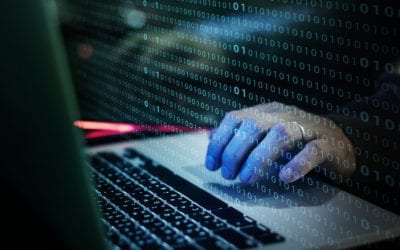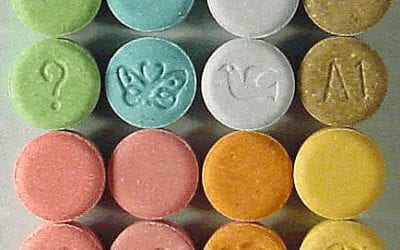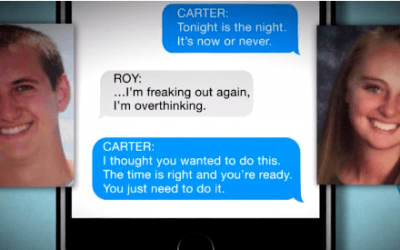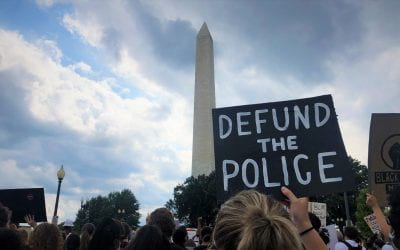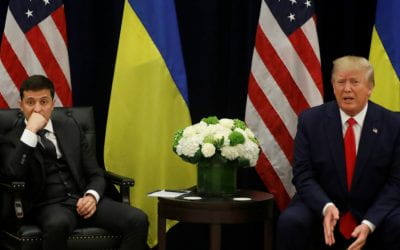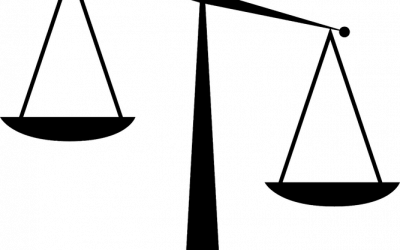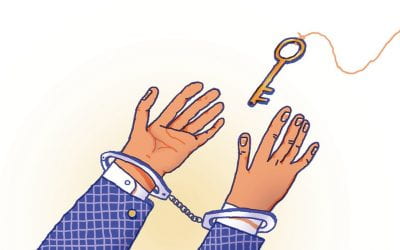ALL POSTS
The Case to Update the Computer Fraud and Abuse Act
Practitioners call for reform because of the inconsistent application of the CFAA between the circuits, as the Fourth and Ninth favor a narrow interpretation with a focus on original access restriction or rescinding, and the First, Fifth, Seventh and Eleventh Circuits favor broad interpretation with a focus on breaches of loyalty or non-disclosure or use terms. The purpose of a statute is to put the public on notice as to what behavior would violate the statute, and that is currently unclear in the CFAA.
The Wider Impact of Drug Legalization on the Criminal Justice System
Under a system of legalization, American courts would no longer be inundated with an entire class of offense. The benefits of legalization on the courts are multifaceted: for the drug possessor, who is no longer a victim of the fruitless War on Drugs; for the judge, who enjoys greater flexibility with a decluttered docket; and most importantly, for the public defender, who can take advantage of the much-needed decrease in workload to provide better counsel to clients.
The Past, Present, and Future of Specific Venue Provisions
The Supreme Court must reconsider its venue framework, recognizing that the proliferation of specific venue provisions evidences the need to adapt its twentieth-century framework to the modern age.
The Supreme Court Denies Petition for Certiorari in Texting Suicide Case
The denial of this petition to be heard before the Supreme Court raises concerns in a world of rapidly increasing online social media use, especially amidst the COVID-19 pandemic, where individuals are forced to stay at home, and their main form of communication is virtual. Without addressing the two constitutional issues of free speech and due process in this case, the decision by the Massachusetts Supreme Judicial Court leaves poor guidance for future cases and leaves decisions to rest on subjective judgments of the prosecution and judges.
Defunding Criminal Court: What Today’s Movement to Defund or Abolish the Police Means for the Criminal Legal System
With police departments shrinking in some cities and advocates pushing for police to leave some work to other professionals, we will likely see fewer arrests and criminal charges as a practical result of having fewer officers to make arrests and fewer police responses to situations. . . . [T]he decrease in criminal cases will bring a much-needed decrease in the number of people living with collateral consequences of criminal convictions. Further, with a decrease in criminal cases, public defenders’ caseloads may decrease, and prosecutors’ offices may devote more resources to prosecuting police misconduct cases. On the other hand, more people may turn to civil suits to resolve issues where defendants lack the special constitutional protections provided for criminal defendants.
Amending the Federal Election Campaign Act’s Foreign-Source Ban to Combat Election Interference
In 2016, the Russian government directed a comprehensive effort to interfere in the United States’ presidential election, seeking to elect Donald Trump and defeat Hillary Clinton. Russia continued its efforts during the 2018 midterm elections and is expected to do the same in 2020. Other countries have also shown an inclination to meddle in US domestic affairs. The founders recognized that foreign interference is anathema to a functioning democracy. Congress agreed when it passed and amended the foreign-source ban, which prohibits political contributions and expenditures by foreign nationals. . . . However, because the foreign-source ban cannot be criminally enforced when the “thing of value” provided to, or solicited by, the campaign cannot be translated into a monetary amount, problematic cases of foreign influence fall outside the scope of current campaign finance law. Congress can resolve this problem by passing a modified version of H.R. 3395, the “Prohibiting Foreign Election Assistance Act of 2019.”
Broken Scales: How the Criminal Justice System Fails to Protect Defendants from Prosecutorial Misconduct
Regardless of whether prosecutors do indeed follow the rules almost all of the time, the high barriers to proving prosecutorial wrongdoing, the lack of professional sanctions faced by prosecutors who break the rules even when misconduct is found, and the lack of civil remedies against prosecutors for those who were wrongfully accused or convicted create a set of system-wide incentives for prosecutors to err towards rule-breaking rather than rule-following.
A Brief Overview of H.R.2534: Insider Trading Prohibition Act
Congressman Himes celebrated the bill as a long-overdue clarification of insider trading law that will “let potential wrongdoers know exactly what behavior will cross the line.”
Whose Power Is It Anyway? The Legal Quandary of Executive Clemency’s Effect on Judicial Habeas Corpus
Taking into account the power of these two branches, the question becomes the following: Does presidential clemency discard a judicial judgment, leaving the recipient bound only by an executive judgment? Or does it merely reduce the effect of the judiciary’s ruling on the matter?
Redefining ‘Material Support’ to Promote Humanitarian Aid and Peacebuilding
“Congress should amend the definition of material support to be in line with its legislative intent and eliminate policy that excludes direct, non-financial, on-the-ground humanitarian aid and peacebuilding from the scope of prosecution, particularly where the actor is a government official, agent, or organization.”

